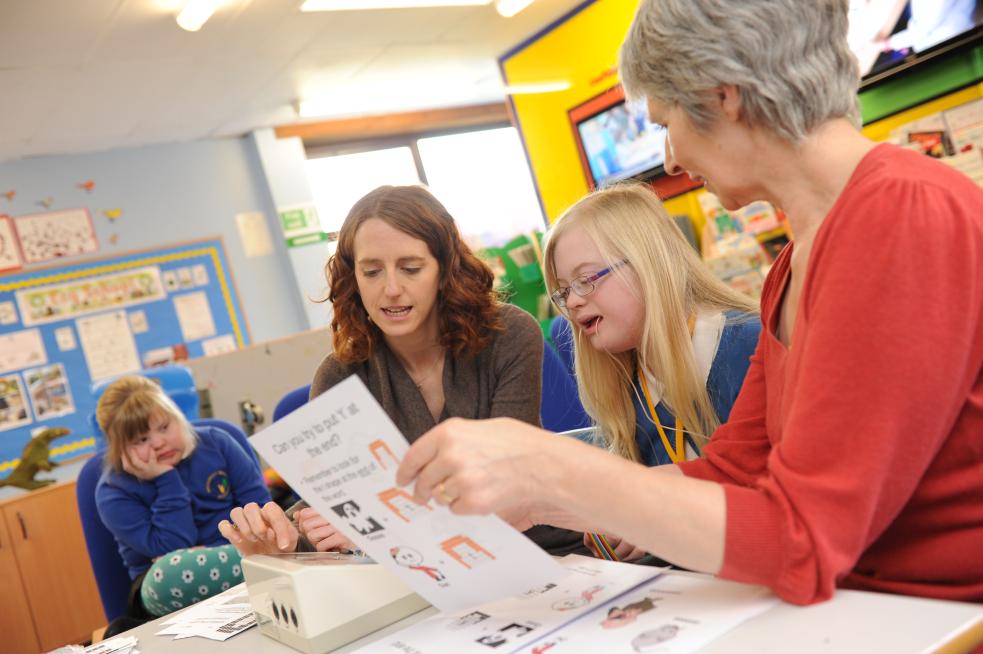Queen Margaret University

Why we've signed the Manifesto
"QMU is dedicated to improving quality of life and building the evidence-base for policy and practice through world leading multidisciplinary, translational research and international collaboration. We initiate and share research ideas that are demand led and focused on a broader perspective. The value of our work is measured by its impact and the social usefulness, practicality and applicability of its outcomes.
Our approach to Public Engagement aims to make a significant contribution to the creation and sharing of knowledge that reaches and influences a broad external range of regional and international stakeholders.
We are delighted to sign the Manifesto for Public Engagement as an important step forward in our commitment to working at the intersection of conventional disciplinary groupings to create innovative approaches to contemporary societal challenges and public discourse."
Professor Brigid Daniel, Dean of the School of Arts, Humanities and Social Sciences
Institutional Lead for Public Engagement
Our approach to public engagement
QMU is committed to the application of translational research to influence public discourse beyond academia, including policy makers, industry, public sector, voluntary and community sectors, and the wider public. We are focused on wider social agendas as well as economic goals, including contributions to civic life, social, community, health, cultural and intellectual enrichment
By identifying and communicating the outcomes of research that address societal challenges, we seek to respond to the increasing alignment of funder agendas to grand challenges that demonstrate change and relevance in a global context.
QMU aims to be a University of ideas and influence; our approach to impact is characterised by translational research that informs policy and practice, making a difference to every day life. Central to our approach is the strategic objective to maximise the reach and significance of our work through external engagement, public discourse, enterprise and innovation, stimulating the exchange of ideas and knowledge through collaboration.
Our public engagement hallmark

Young People and Alcohol - Peer Learning through Dialogue
Communication experts at Queen Margaret University (QMU) have developed a way to help school pupils collaboratively tackle the challenges posed by alcohol for teenagers growing up in Scotland’s unhealthy drinking culture.
The dialogue-based intervention programme is proving to be successful; stimulating self-reflection, building knowledge and confidence that can transform choices individuals make about alcohol, as well as influence friendship groups and resonate more widely across schools, families and communities. The new approach to alcohol as a public health issue is having an influence across the professional community concerned with this problem.
The AlcoLOLs project, which has involved pupils from six secondary schools in Edinburgh, helps young people to change their practices of learning about alcohol. The intervention has been designed to be carried out through pupil-led dialogue groups operating in schools. The programme is supported by a custom-made education film and other tools that stimulate new ways of talking about alcohol, provide different perspectives on the issue, facilitate development of practical knowledge, and model behaviours. The project not only had a positive outcome for individuals and groups of young people, it also influenced the ways in which policy makers and health communicators think about how young people approach the issue of alcohol.
Our public engagement talking point
QMU is prioritising wider social agendas as well as economic goals, including contributions to civic life, social, community, health, cultural and intellectual enrichment. With partners in the Creative Industries we are keen to explore the concept of a “Living Lab” and develop creative spaces where partners in industry, the public, the third sector and the wider community can work collaboratively to drive the local economy.
Contact
Kim Stuart, Head of Research and Knowledge Exchange